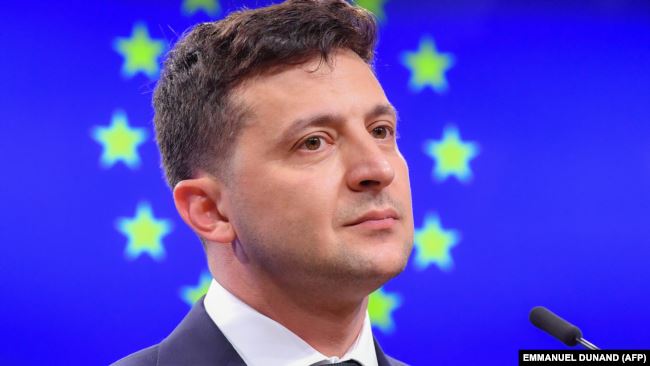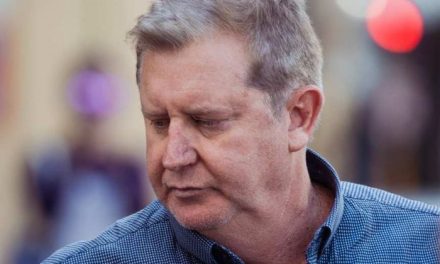Volodymyr Zelensky
4 November 2020
Just a year ago, Volodymyr Zelensky had an unprecedentedly high level of public backing for his anti-corruption agenda. But recent local election results suggest that public faith in Zelensky’s ability to deliver on his promises is slipping. This is contributed partly by the decentralization reforms promoted by his administration. Decentralization increased municipal government budgets and gave local leaders more control over the way public funds were spent. Many local leaders concentrated on improving municipal services and their efforts paid dividends at the local election.
It appears that pro-Russian legislators and oligarch-backers have put up the most opposition to Zelensky’s reforms.
The European Commission has urged Ukraine to restore legislation on electronic asset declaration.
Anti-corruption drive met a setback in late October when Ukraine’s Constitutional Court curtailed the powers of the country’s anti-corruption agency. The court ruling put an end to the 2016 ruling that required officials to publicly declare their assets, and which gave the anti-corruption agency the power to punish those who weren’t in compliance. The court ruling effectively stripped the agency of its authority to review asset declarations and make them publicly available. The court ruling did not go well with international donors and risked a constitutional crisis.
Fifteen judges are currently under investigation for making false declarations. The ruling of the constitutional court will keep these corrupt judges away from the prison. Traditionally there was an alliance between the judiciary and the legislative branch, with judges able to protect the rights of oligarchs and MPs protected the judges from legal challenges.
Zelensky has called on parliament to adopt legislation to overhaul the Constitutional Court. In August the top court also ruled that the appointment of its head was illegal.
According to EU these measures affect a number of commitments that Ukraine assumed in relation to its international partners, including the EU and to win approval for the next tranche of a $5 billion International Monetary Fund loan.
Zelensky is not corrupt. This allows him a large measure of power to highlight corruption and work with MPs on financial crime legislation. But MPs are often connected to the country’s oligarchs who want to ensure that their interests are not harmed.
It is widely belied that the constitutional court’s ruling was made on the basis of a complaint by MPs associated with the millionaire personal friend of Russian President Vladimir Putin, Viktor Medvechuk. The same group of MPs is also working with those loyal to oligarch Ihor Kolomoisky to challenge the land reform package.
Eurasianet reported.













